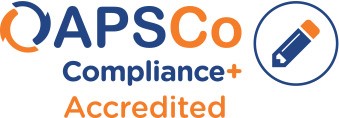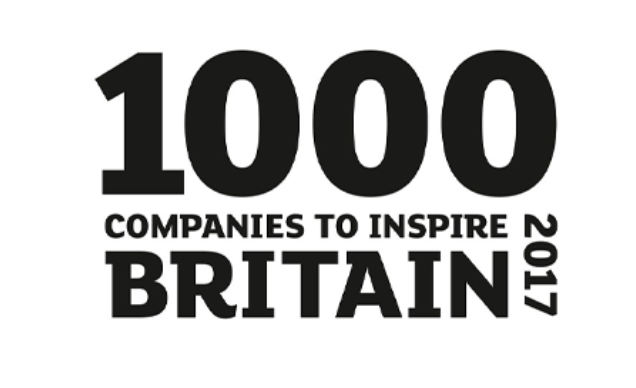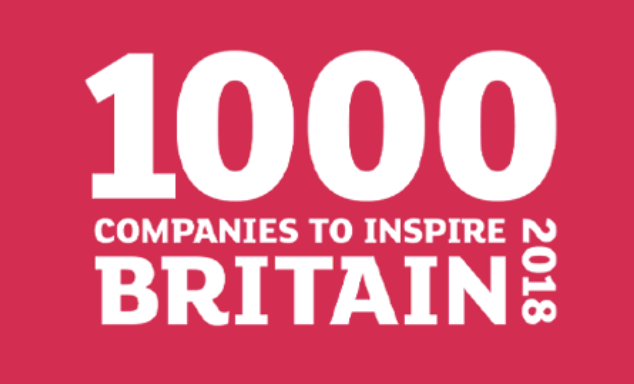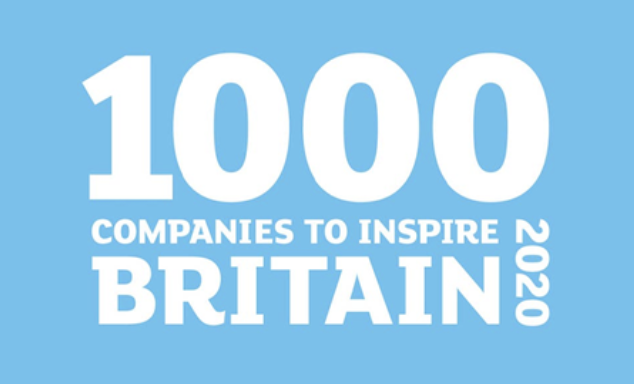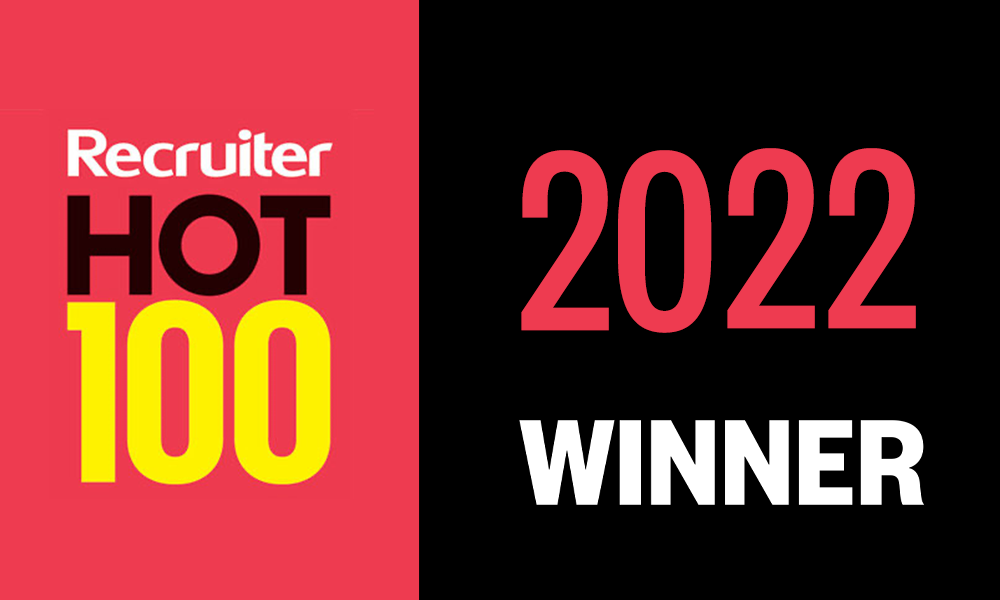Flexible Working Policy
The following policy and procedure relating to flexible working does not form part of the employees’ terms and conditions of employment. However, it does acknowledge the statutory qualified right of all eligible employees to apply for flexibility in their working arrangements.
Winner Education recognises the contribution of all its employees and also understands that, at some time in their working lives, employees may wish to work more flexibly. All employees have the statutory right to apply for flexible working from day 1 of their employment.
Flexible working is about reviewing employees’ working patterns to see whether it is possible to implement different arrangements: any arrangements must, however, always take into account the need for the company to achieve its core business purpose as efficiently as is possible.
There are a variety of flexible working options. A request for flexible working can be a request to change:
· The number of hours the employee works.
· The times at which the employee is required to work.
· Where the employee works, usually a request to work fully or partly from home.
Winner Education recognises that a full range of flexible working will not be appropriate for all areas of its business.
Employees should be aware that if they request and are granted flexible working, this represents a permanent variation to their contract of employment (unless Winner Education agrees otherwise). In certain circumstances, Winner Education may agree to the change on a trial basis. If an employee’s circumstances subsequently change in relation to the need for flexible working, there is no statutory right for a return to the terms and conditions that applied to them prior to flexible working being granted.
Winner Education will:
· Consider requests for flexible working by eligible employees who put in a written request (email accepted).
· Follow the correct procedure as outlined in this policy.
· Reject an application where it is considered that granting flexible working would be detrimental to the business needs of the company.
No employee will be treated less favourably, suffer a detriment or be dismissed because they request flexible working or move to flexible working.
1. Procedure – Eligibility
To be eligible to make a request for flexible working, a person must satisfy the following conditions. He or she must:
· Be an employee.
· Not have made another application to work flexibly more than twice during the previous 12 months.
2. Making a request
An application for flexible working must be in writing (email) and include the following information:
· The date of the application, the change to working conditions the employee is seeking and when they would like this change to come into effect.
· The effect, if any, the employee thinks the requested change will have on the employer and how, in their opinion, any such effect might be dealt with.
· A statement that it is a statutory request and if and when they have made a previous application for flexible working.
The application should be signed and dated.
3. The meeting and discussion
Following receipt of a valid written request for flexible working, the employer will arrange a meeting with the employee to discuss his or her request and will consider the request reasonably within a reasonable timetable.
All requests will be decided, including any appeal, within two months of first receipt of the request, unless an extension of time is agreed.
The employee has the right to be accompanied at this meeting by a colleague of his or her choice. The employee will be informed of this prior to the discussion.
The employee’s request will be considered carefully weighing the benefits of the requested changes in working conditions against any adverse business impact of implementing the changes.
Once Winner Education has made a decision on the request, the employee will be informed of this in writing (email) as soon as is reasonably possible.
If the request is successful, or subject to certain modifications, the employer will discuss with the employee how and when the changes might best be implemented.
4. Rejection of the request
If the request for flexible working is rejected, it will be for one or more of the following reasons that are set out in the legislation.
· The burden of additional costs.
· An inability to reorganise work amongst existing staff.
· An inability to recruit additional staff.
· A detrimental effect on quality.
· A detrimental impact on performance.
· A detrimental effect on ability to meet customer demand.
· Insufficient work for the periods the employee proposes to work.
· A planned structural change to the business.
5. Further action if request is rejected.
If a meeting is arranged to discuss an application for flexible working, including any appeal, and the employee fails to attend and a rearranged meeting without a good reason, the request will be considered to have been withdrawn.
Winner Education ensures at least one person who conducts an interview has completed training in safer recruitment. Safer Recruitment Policy Winner Education Tel:01213531661 Web: www.winnereducation.co.uk
Safer Recruitment Policy
5. Advertisements
When defining the role (whether through the job, role description and person specification) Winner Education will have regard to Section 215 of Keeping Children Safe in Education (KCSIE 2024) and include:
• the skills, abilities, experience, attitude, and behaviours required for the post; and
• the safeguarding requirements, i.e., to what extent will the role involve contact with children and will they be engaging in regulated activity relevant to children.
All adverts will also include:
• Winner Education’s commitment to safeguarding and promoting the welfare of children and make clear that safeguarding checks will be undertaken;
• the safeguarding responsibilities of the post as per the job description and personal specification; and
• whether the post is exempt from the Rehabilitation of Offenders Act 1974 and the amendments to the Exceptions Order 1975, 2013 and 2020.
6. Application forms
All roles advertised by Winner Education will include (in the application form or elsewhere) the following statement:
“Winner Education is committed to safeguarding children and young people. All post holders are subject to a satisfactory Disclosure and Barring Service (DBS) check. It is an offence to apply for the role if you are barred from engaging in regulated activity relevant to children.”
Winner Education will also ensure that all prospective applicants provide the following:
• personal details, current and former names, current address and national insurance number;
• details of their present (or last) employment and reason for leaving;
• full employment history, (since leaving school, including education, employment and voluntary work) including reasons for any gaps in employment;
• qualifications, the awarding body and date of award;
• details of referees/references; and
• a statement of the personal qualities and experience that the applicant believes are relevant to their suitability for the post advertised and how they meet the person specification.
Winner Education does not accept curriculum vitae in place of application forms. Safer Recruitment Policy Winner Education Tel:01213531661 Web: www.winnereducation.co.uk
Safer Recruitment Policy
7. Shortlisting
In order to ensure that candidates have the opportunity to share relevant information and allow for this to be discussed at interview stage before the DBS certificate is received, all shortlisted candidates will be asked to complete a self-declaration of their criminal record or information that would make them unsuitable to work with children.
Winner Education will ensure the following:
• that at least two people carry out the shortlisting exercise.
• that reasons are given for any inconsistencies and for gaps in employment and reasons given for them; and
- all potential concerns are explored.
In addition, as part of the shortlisting Winner Education will inform shortlisted candidates that online searches may be conducted as part of due diligence checks. Any incidents identified or issues that have happened, and are publicly available online, will be explored with the candidate at interview.
8. Employment history and references
All offers of employment made by Winner Education will be subject to the receipt of a minimum of two written professional references, this will include from the most recent assignments.
Winner Education follows strict standards and therefore will:
• not accept open references e.g. to whom it may concern;
• not rely on applicants to obtain their references;
• ensure any references from the candidate’s current employer have been completed by a senior person with appropriate authority (if the referee is school or college based, the reference should be confirmed by the headteacher/principal as accurate in respect to disciplinary investigations);
• obtain verification of the individual’s most recent relevant period of employment where the applicant is not currently employed;
• secure a reference from the relevant employer from the last time the applicant worked with children (if not currently working with children), if the applicant has never worked with children, then secure a reference from their current employer;
• always verify any information with the person who provided the reference;
• ensure electronic references originate from a legitimate source;
• contact referees to clarify content where information is vague or insufficient information is provided; and
• compare the information on the application form with that in the reference and take up any discrepancies with the candidate.
• establish the reason for the candidate leaving their current or most recent post, and,
• ensure any concerns are resolved satisfactorily before appointment is confirmed. Safer Recruitment Policy Winner Education Tel:01213531661 Web: www.winnereducation.co.uk
Safer Recruitment Policy
9. Employment selection
Winner Education uses a range of selection techniques to identify the most suitable person for posts. All interview questions will include:
• finding out what attracted the candidate to the post being applied for and their motivation for working with children;
• exploring their skills and asking for examples of experience of working with children which are relevant to the role; and
• probing any gaps in employment or where the candidate has changed employment or location frequently, asking about the reasons for this.
All information considered in decision making will be clearly recorded along with decisions made.
10. Pre-appointment vetting checks
Winner Education completes all the following legal pre-employment checks when appointing an individual to engage in regulated activity in relation to children:
• Identity check (including being aware of any name changes);
• An overseas police check (if relevant);
• Enhanced DBS check via the applicant (including children’s barred list information);
• Verification of medical fitness;
• Verification of the candidate’s right to work in the UK; and
• Verification of professional qualifications via the Teaching Regulation Agency (TRA) Employer Access Service.
11. Summary
Winner Education will make clients and candidates aware of the Safer Recruitment Policy through the following means continuous training and support.
All staff, temporary workers, candidates and contractors understand that the above checks must be conducted and must be aware that they have a professional duty to share information with other recruitment firms in order to safeguard children/adults at risk. The public interest in safeguarding children/adults at risk may override confidentiality interests. However, information will be shared on a need-to-know basis only, as judged by Winner Education.

